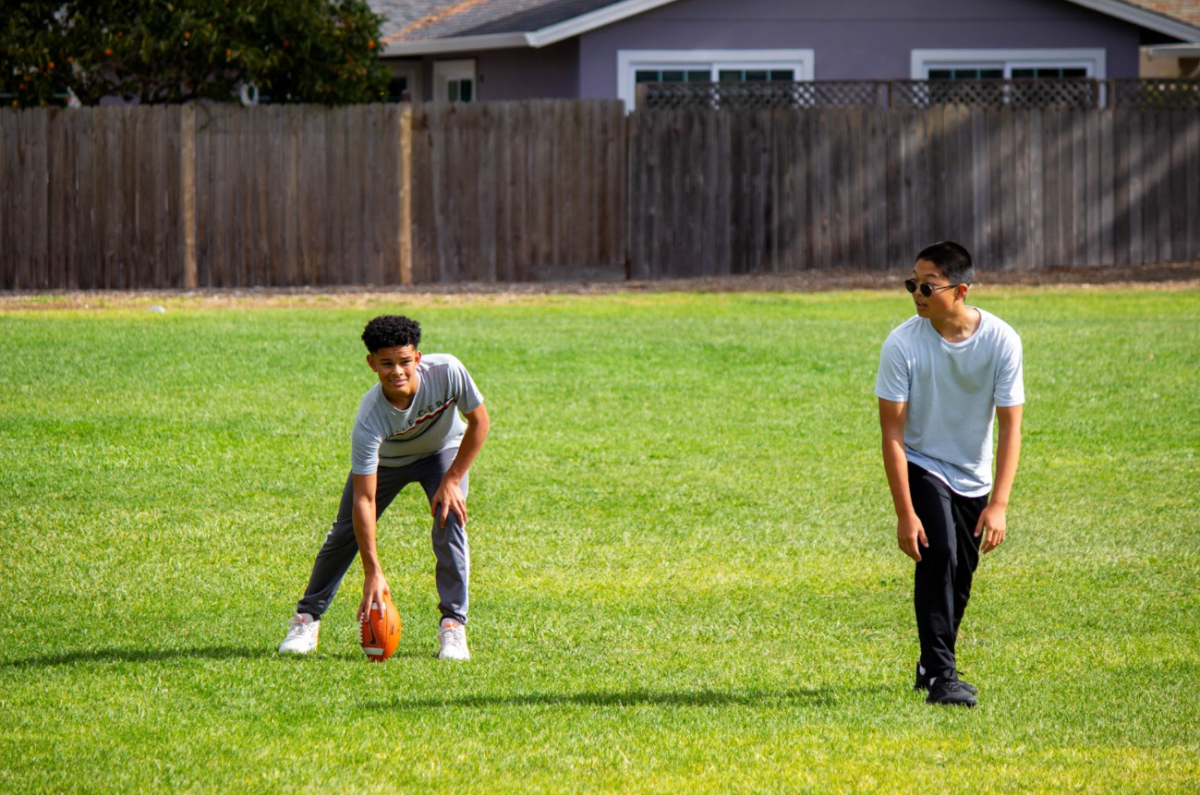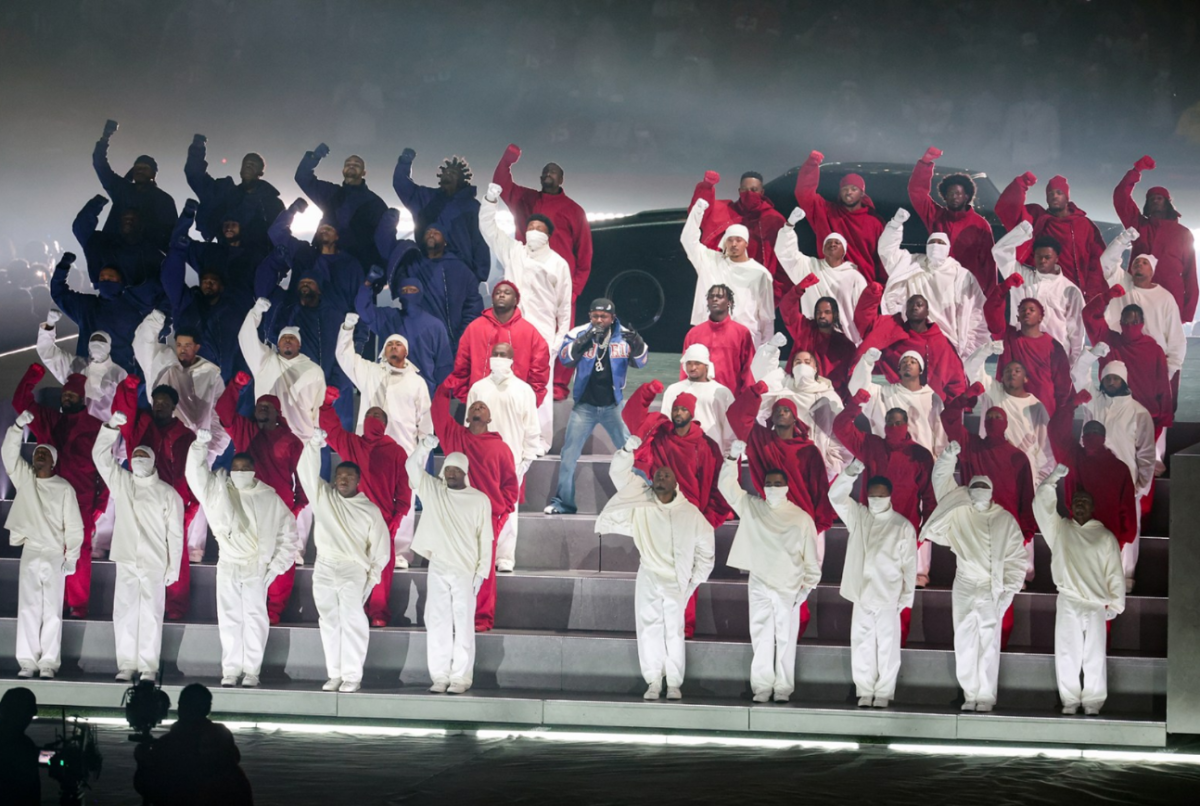Recent news has people concerned about biases in the current United States Government. Many debates between the Republican and Democratic parties involve the application of American citizens’ First Amendment rights. As such, many events have been stirring up these conversations nationwide.
Only within the last month, a woman was forcibly removed from a town hall meeting in Idaho by unidentified security personnel. This was a Republican led meeting wherein attendees were warned to respect the rights of others or else be asked to leave by security. The issues with these instructions were their disproportionate enforcement and general vagueness.
The expectation to “respect the rights of others” seemed only to apply to those disagreeing with the popular opinion of the meeting members. The crowd openly expressed their approval and disapproval of certain announcements throughout the meeting, setting expectations for audience behavior there. So, when democratic audience member Teresa Borrenpohl announced her disapproval of some proposed legislation, she did not expect pushback from security.

Instead of treating her outbursts as they did all the other ones, two men who wore neither badges nor uniforms pulled Borrenpohl from her seat. Borrenpohl met this bold and aggressive response with questions about the men’s authority. Neither of the men gave her any answers and instead continued to drag her out of the meeting, causing a large disruption that could otherwise have been avoided.
Borrenpohl has multiple bruises but sustained no serious injury from this ordeal. The company that provided security for this town hall meeting is being faced with a potential lawsuit for these actions. This event has brought forward more concern regarding the biased application of certain constitutional rights.
As most, if not all, people in the United States know, the First Amendment of the American Constitution protects the people’s rights to freedom of speech, religion, press, assembly, and petition the government. The government cannot prohibit the use of such rights.
It shouldn’t be that the right to freely express one’s opinions depends on what their opinions are. It is not arguable that Borrenpohl’s actions were especially disruptive or aggressive when taking into account the similarly charged reactions of the rest of the audience. So the motives of these security personnel can be assumed to have roots in their personal bias against Borrenpohl’s beliefs. It should be concerning that unidentified persons could enforce a restriction on someone’s ability to utilize these rights.


























